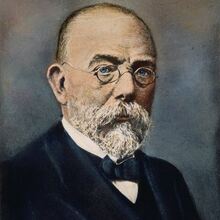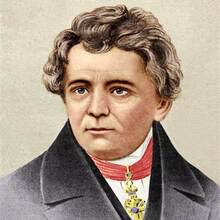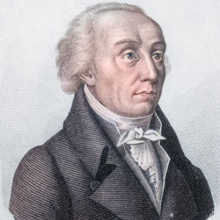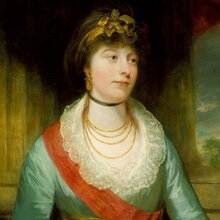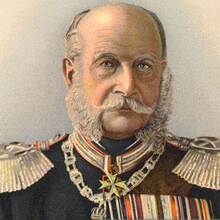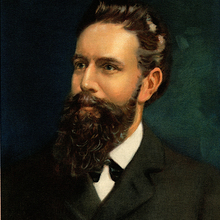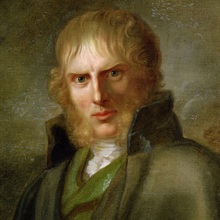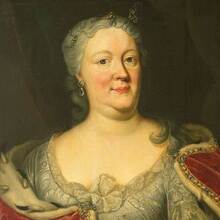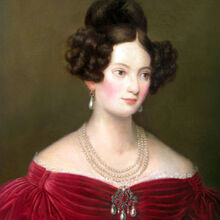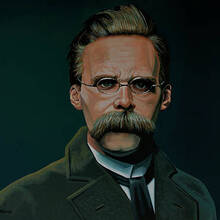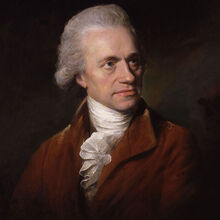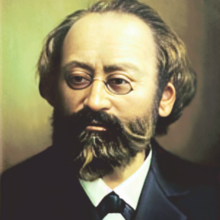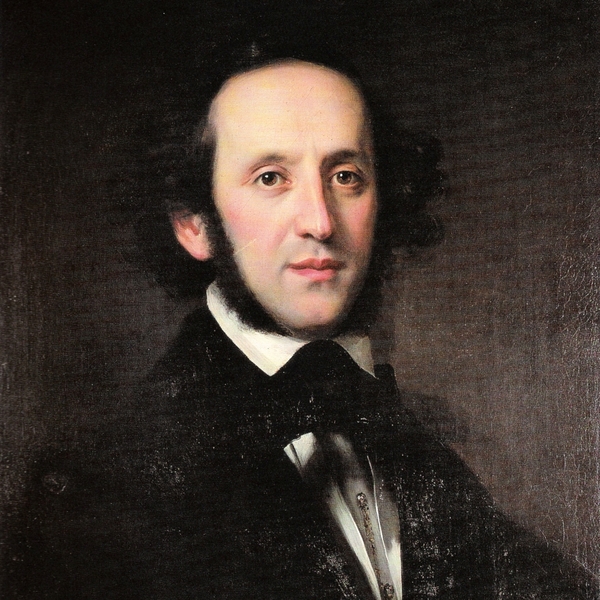
Personal
Other names:
Job / Known for:
composer, pianist, organist, conductor
Left traces:
He composed over 700 works
Born
Date:
1809-02-03
Location:
DE
Hamburg, Germany
Died
Date:
1847-11-04 (aged 38)
Resting place:
DE
Death Cause:
Stroke
Family
Spouse:
Cécile Charlotte Sophie Jeanrenaud
Children:
Marie, Paul, Lili
Parent(s):
Abraham Mendelssohn, Lea Salomon
QR Code:
Show More
Rank
Users ranking to :
Thanks, you rate star
Ranking
4.5
2
Fullname
Felix Mendelssohn
Fullname NoEnglish
Felix Mendelssohn Bartholdy
Slogan
The essence of the beautiful is unity in variety.
About me / Bio:
Show More
Article for Felix Mendelssohn
Died profile like Felix Mendelssohn
Comments:

